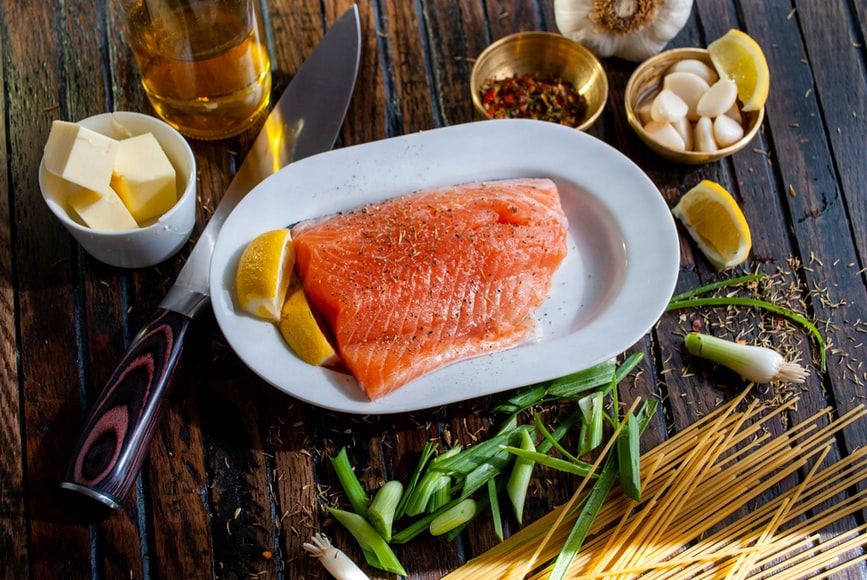Physical Address
304 North Cardinal St.
Dorchester Center, MA 02124
Physical Address
304 North Cardinal St.
Dorchester Center, MA 02124

Everyone deserves a healthy kidney, but once your kidney becomes compromised, tension arises. Worry no more; the kidney diet Memorial Hermann Cypress helps keep your kidney under control when you are not on dialysis. When your kidney function is compromised, it fails to filter waste properly; therefore, following a kidney diet helps to promote kidney function and slow the progression of complete kidney failure.
Outlined below is everything you need to know about renal diet.
A kidney diet is low in sodium, phosphorus, and protein. You must consume high-quality protein and limit fluids, potassium, and calcium. However, your bodies are different. Therefore, you need to work with your renal dietitian to develop a diet plan that is tailored to your needs.
Below are substances and diets vital to monitor to promote a renal diet for a healthier kidney.
It is your body’s major electrolyte that controls fluid going in and out of your body. Thus, sodium is found in most mineral foods and contributes to the following:
Regulating blood pressure, blood volume, nerve function, muscle contraction, and acid-based balanced food
The sodium intake should be carefully monitored to avoid increased thirst, high blood pressure, heart failure, and difficulties in breathing.
Everyone needs potassium to keep that heart beating regularly and those muscles to work correctly. Hence, a renal diet helps the kidney keep the right amounts of potassium and avoid muscle weakness, slow pulse, heart attack, and death.
It is a key component in your body to help develop connective tissues and organs and aid in muscle movement. If your kidney is compromised, you need to monitor the amount of phosphorus you consume daily since high levels pull calcium out of your bones, making them weak.
Protein is not a sign of worry for healthy kidneys, but when your kidney is damaged, you need to slow down on those proteins because your kidney will fail to remove the protein waste, causing the waste to accumulate in the blood. Only eat the amount that your nephrologist will recommend.
Who does not love fluids? Mostly on a sunny day, you might find yourself having fluids between intervals. If you have kidney disease, you need to slow down on the fluid intake to avoid unnecessary pressure on your heart and lungs. Only drink the recommended amount and be conscious of the amount of fluid used in your cooking.
They are obtained from protein, carbohydrates, and fats. To have energy, you need calories, but you should also limit the amount for your weight goals and the right amount for your kidney’s sake.
When following a kidney-friendly plan, it may be hard for you to get all your vitamins and minerals. Your nephrologist might recommend special supplements to help you get the right amount.
The kidney is a significant part of your body. You can easily die when your kidney fails to function. Contact Houston Kidney Specialists Center and get the right amounts of each vital diet that you must consume. Be on a renal diet and live without the worry of having to get dialysis.